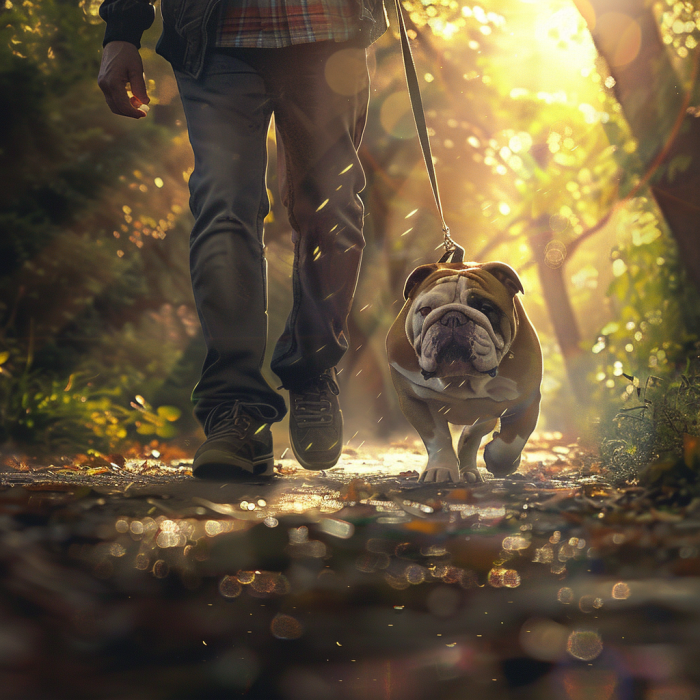How Can You Unlock the Heart of a Bulldog? A Guide to Understanding and Training
MAY 29, 2024

**Understanding Your Bulldog's Personality**
Bulldogs are famously stubborn but incredibly affectionate. Knowing this is the first step towards successful training. They thrive on human interaction and consistency. These dogs are known for their courageous nature, often showing loyalty and bravery. However, their independent streak can sometimes be mistaken for obstinacy, but it's just part of their charm.
**Getting Started with Training**
The cornerstone of training your bulldog is patience and positive reinforcement. Bulldogs respond exceptionally well to rewards-based training. When introducing commands, use treats, toys, or praise to encourage them. Begin with basic commands like 'sit,' 'stay,' and 'come.' Short training sessions of about 10 minutes are ideal, given their relatively short attention spans.
**Common Challenges and Solutions**
One of the main challenges with bulldogs is their stubbornness. If you find your bulldog is not responding, don't resort to punishment. Instead, take a break and try to identify what might be causing the issue. Sometimes, they might be tired or overwhelmed. Make sure the training environment is calm and free of distractions.
**House Training**
House training a bulldog can be more straightforward if you establish a routine. Take your bulldog out at regular intervals, especially after meals and naps. Praise them lavishly when they go to the bathroom outside. Accidents will happen, but with consistency, they will become less frequent.
**Health Considerations**
Bulldogs can have specific health issues due to their unique physical attributes, such as brachycephalic syndrome, which affects their breathing. Always be mindful of not overexerting them during training, especially in warmer temperatures. Regular vet check-ups are essential.
**Advanced Training**
Once your bulldog has mastered the basics, you can move on to more complex commands and tricks. Use the same positive reinforcement techniques. Bulldogs can participate in obedience and even some agility courses with the right motivation.
**Building a Bond**
The most crucial aspect of training your bulldog is building a strong bond. Spend quality time together outside of training sessions. Bulldogs are social animals and thrive on companionship. Playtime, walks, and even cuddling can strengthen your relationship.
**Conclusion**
Understanding and training a bulldog requires patience, consistency, and a lot of love. By appreciating their unique traits and using positive reinforcement techniques, you can cultivate a happy, well-behaved companion. Remember, the key to unlocking the heart of a bulldog lies in empathy and mutual respect.
More in Training - Positive Reinforcement-Based
June 01, 2024
How Can You Train Your Dog For Specific Behaviors Effectively?
May 29, 2024
How Can You Unlock the Heart of a Bulldog? A Guide to Understanding and Training
March 08, 2024
How Can You Make Easter Unforgettable for Your Yorkie?
March 02, 2024
Unleashing the Joy: Discovering the Labrador Retriever's World Through Training
February 19, 2024
How Does Positive Reinforcement Shape a Cane Corso?
February 13, 2024
How to Make Valentine's Day Special for Your Dog with Positive Reinforcement
January 30, 2024
Why Choose a Poodle? The Intelligence and Versatility of This Breed Explained
January 26, 2024
Deciphering Doggy Yawns: Understanding Your Pet''s Silent Language